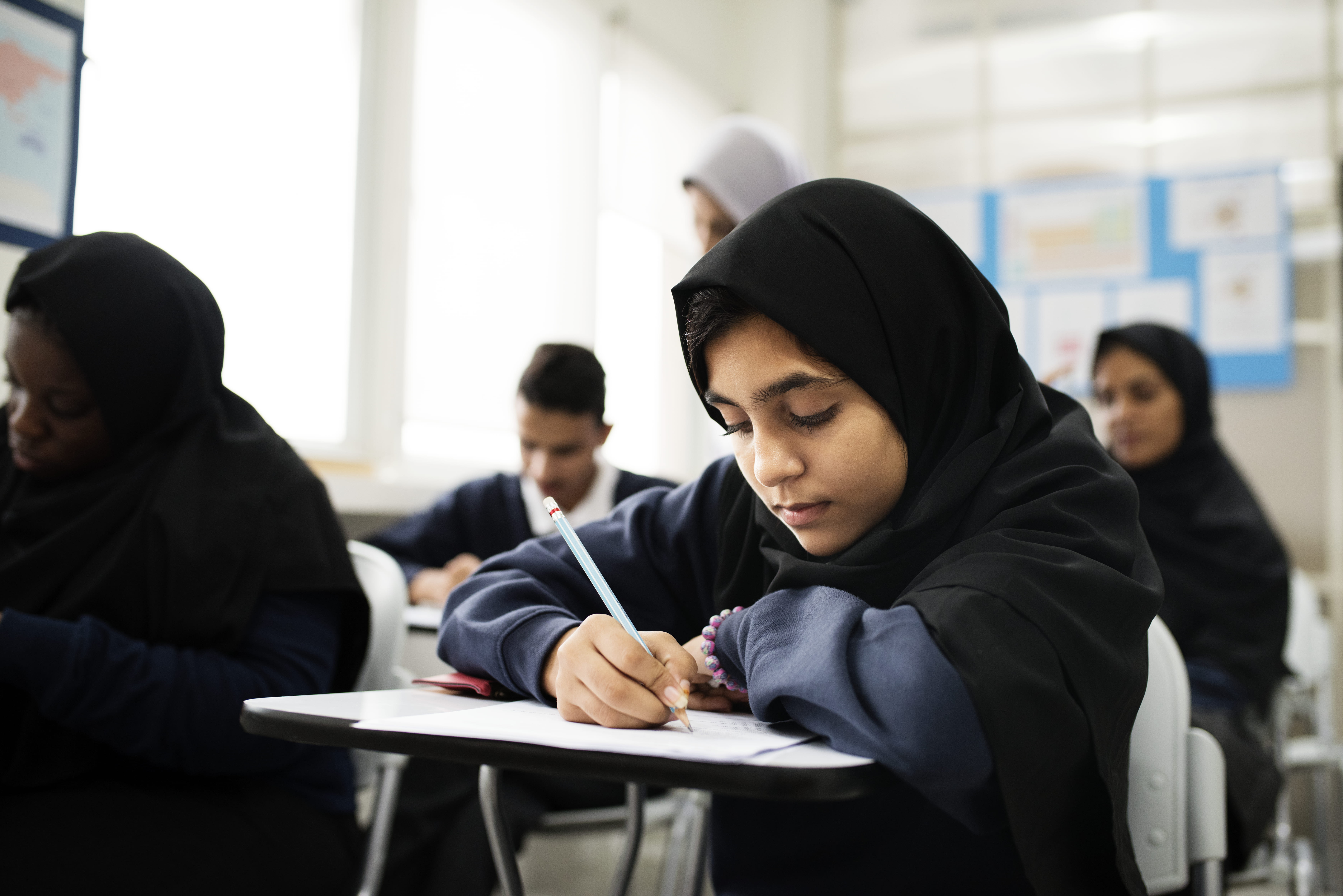
The Dynamic Growth of Dubai’s Private Schools
Dubai’s private school sector is witnessing an unprecedented era of growth and diversification, emblematic of the emirate’s commitment to creating a world-class educational environment. The 2023-24 academic year marks a significant milestone in this journey, with the inauguration of five new private schools. This expansion, as reported by the Knowledge and Human Development Authority (KHDA), has added an impressive 12,000 seats, contributing to the vibrancy of Dubai’s educational landscape.
As it stands, Dubai boasts a total of 220 private schools, which catered to over 326,000 students in the 2022-23 academic year. This number is a testament to the city’s rapid educational evolution, characterized by the establishment of 27 new private schools over the past four years. These institutions offer a plethora of curricular options, reflecting the city’s global appeal and diverse cultural tapestry.
Dr. Abdulla Al Karam, the Director General of KHDA, underlines the significance of this growth. He views the increasing number of private schools as aligned with the leadership’s vision of elevating Dubai to the forefront of global private education. The recent additions to the educational sector not only showcase the dynamism and strength of the investment environment in Dubai but also underscore KHDA’s commitment to meeting the needs of Dubai’s burgeoning population. Dr. Al Karam emphasizes the authority’s dedication to bolstering the capacity of the private school sector, ensuring that the quality of education in Dubai continues to enhance the city’s reputation as a premier destination for living, working, and investing.
The diversity of Dubai’s educational offerings is further highlighted by the presence of 17 different curricula in its private schools. These curricula span various countries, languages, and educational methodologies, mirroring the city’s inclusive and cosmopolitan character. The British curriculum takes the lead, constituting 36% of the offered syllabi, followed by the Indian curriculum at 25%, and the American curriculum at 15%. Additionally, 7% of schools follow the International Baccalaureate (IB) program. Beyond these, schools in Dubai also offer Chinese, Japanese, German, French, Australian, Spanish, and Filipino curricula, catering to a diverse student body and fostering a rich, multicultural educational environment.
In summary, the expansion and diversification of Dubai’s private school sector are emblematic of the city’s commitment to providing top-tier education, meeting the demands of its growing population, and maintaining its status as a global hub for cultural and educational excellence.

